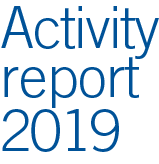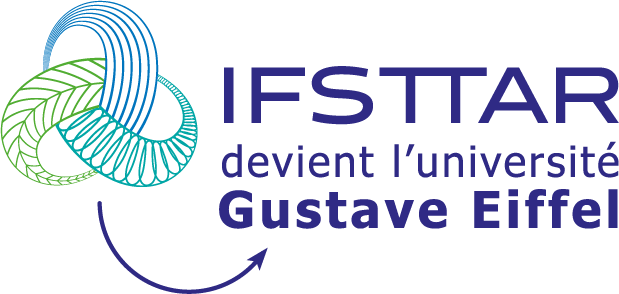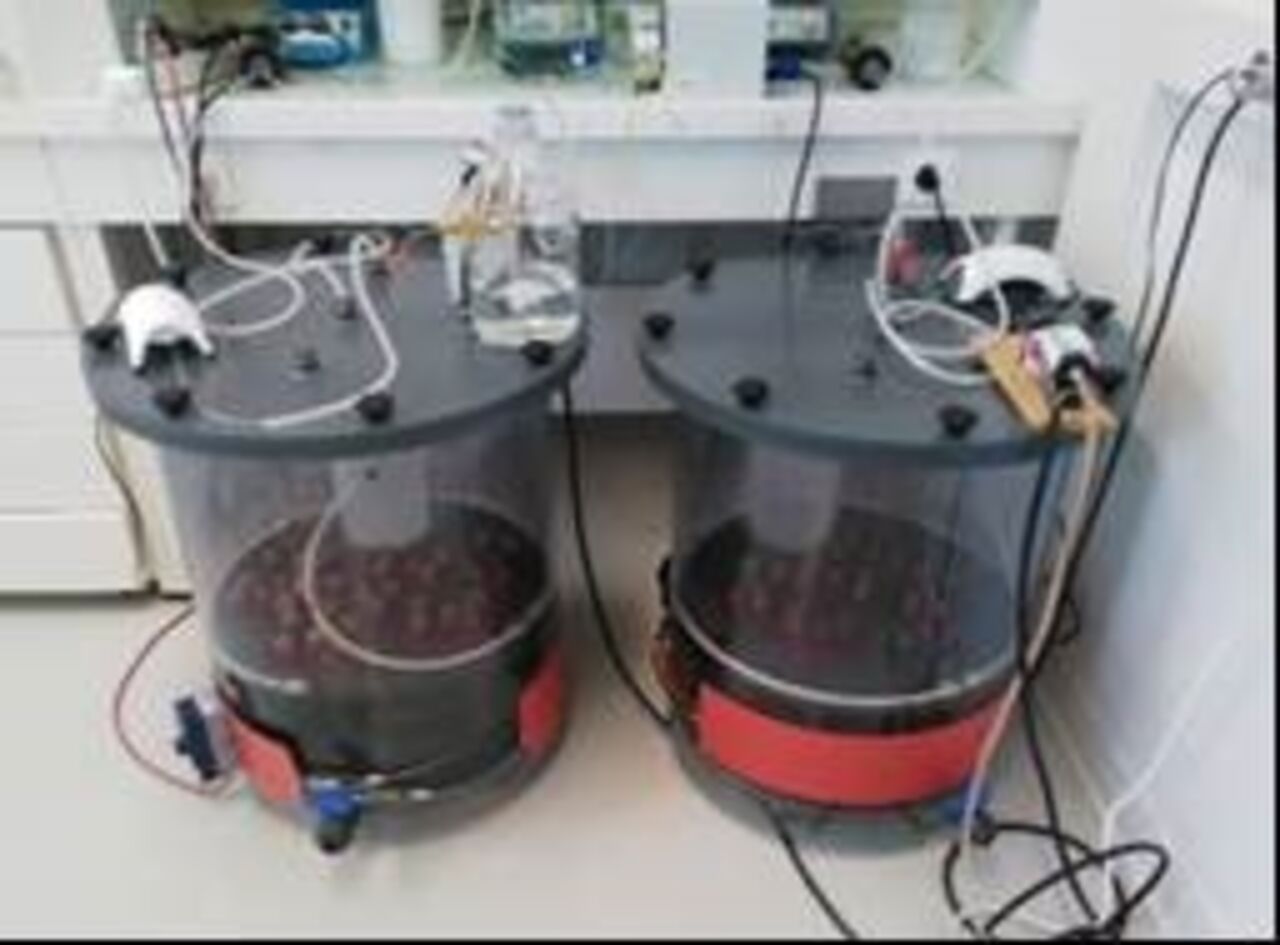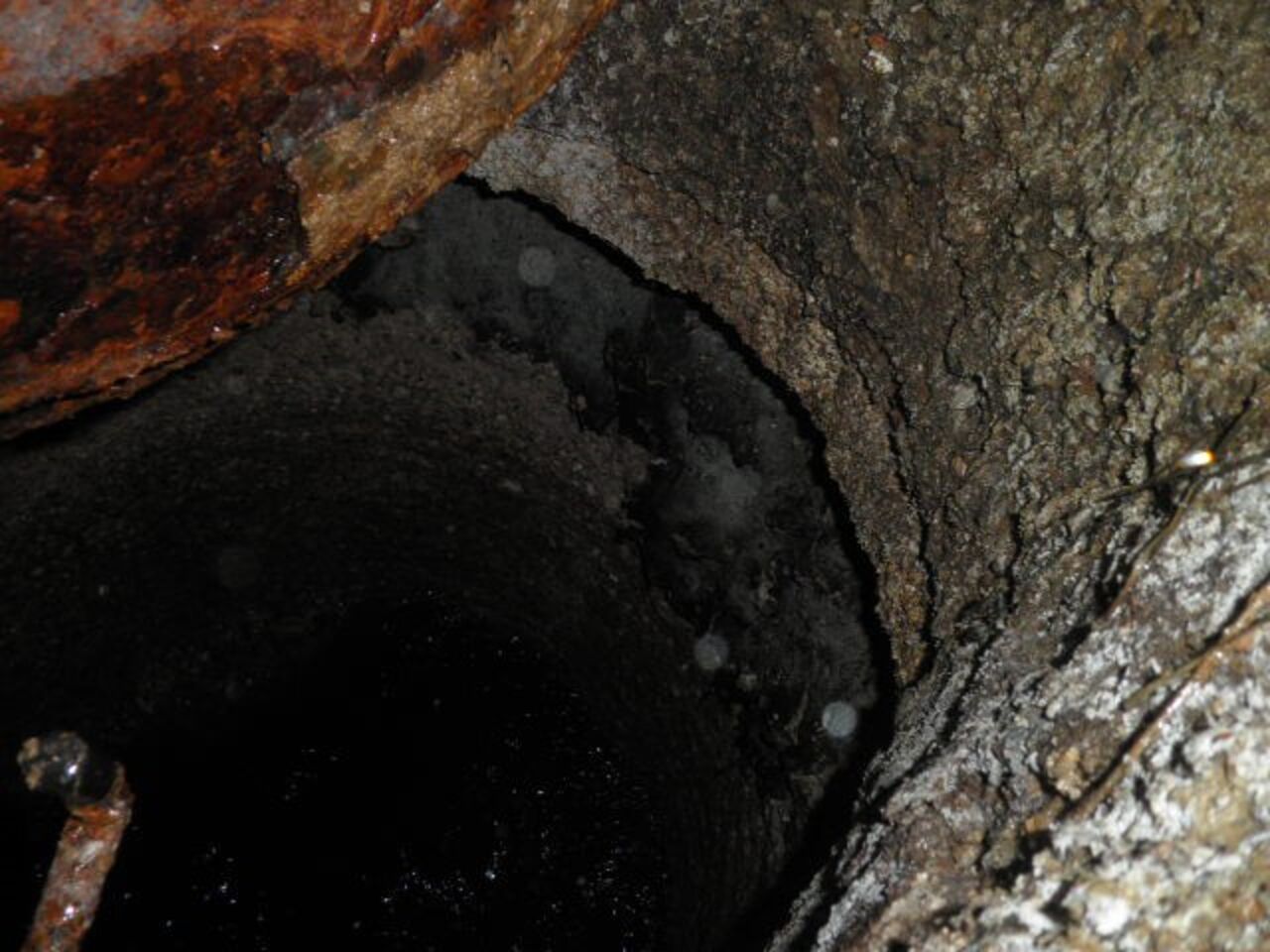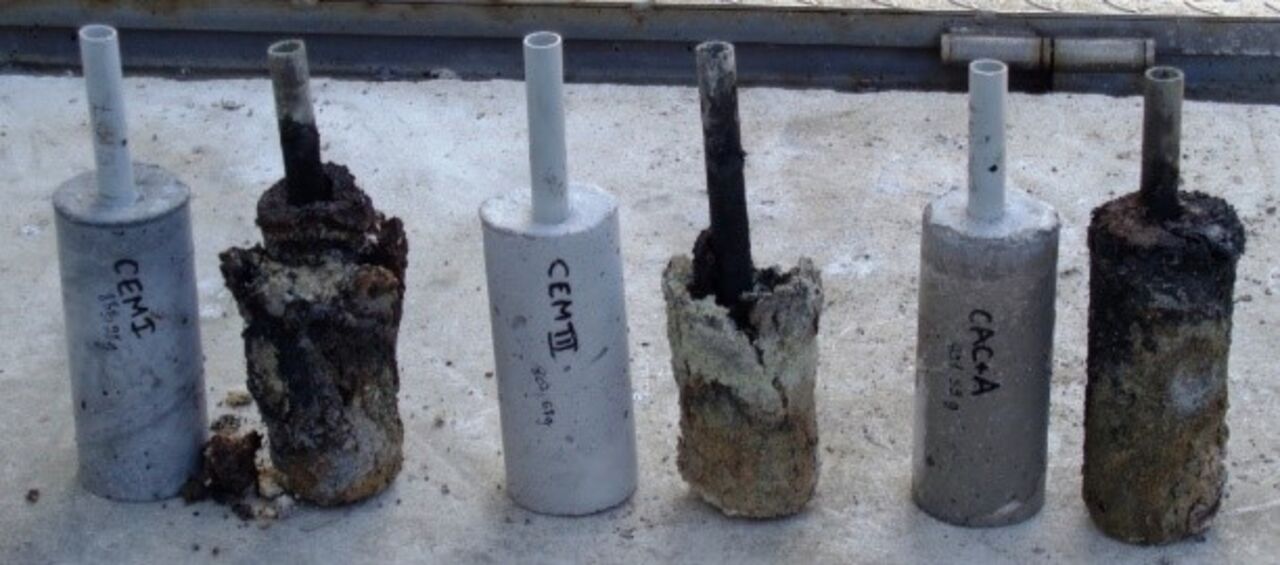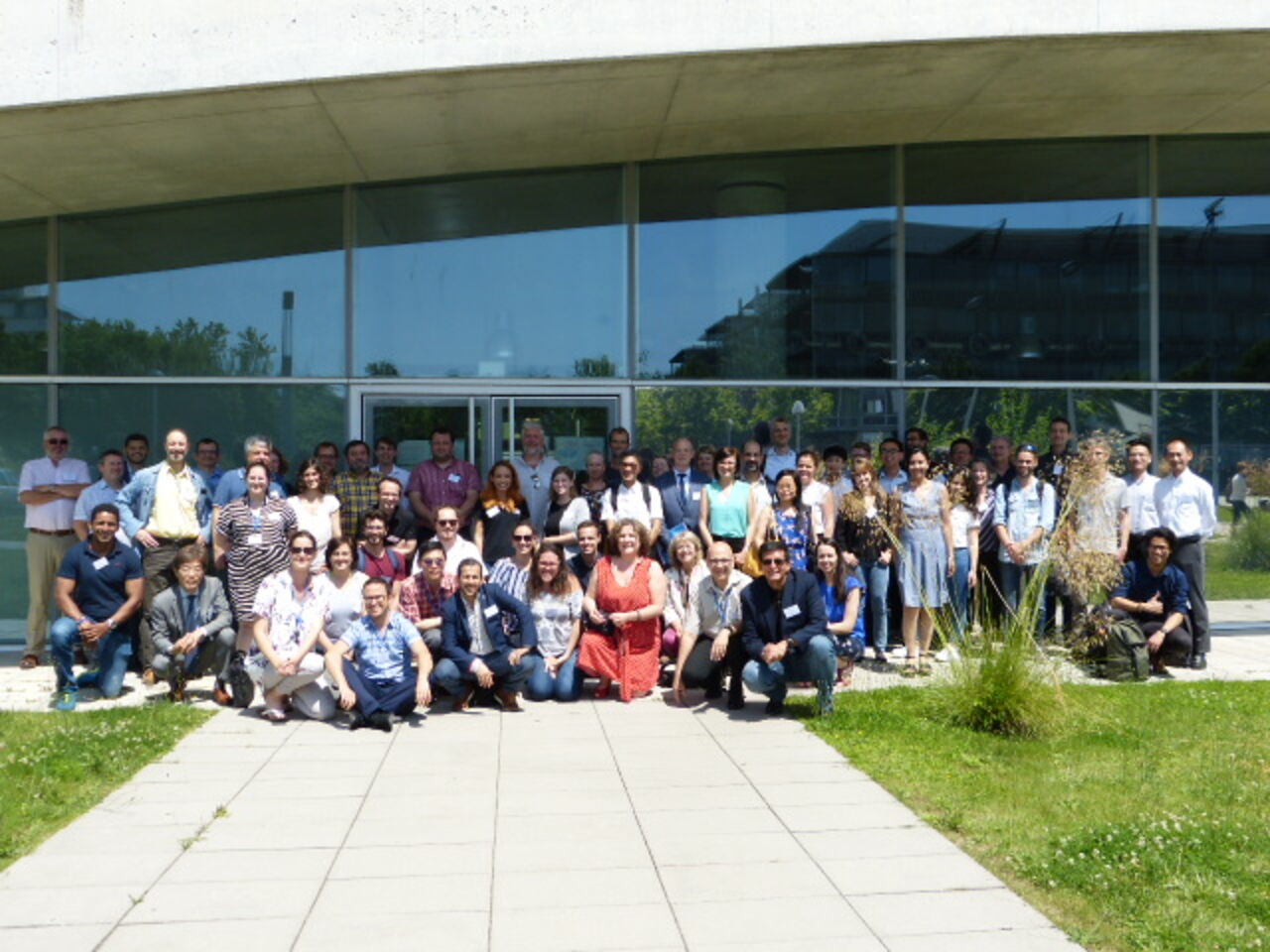Reference

Developing the circular economy
2019’s completed research projects highlight IFSTTAR's work on bio-deterioration mechanisms affecting wastewater systems. This work is helping us to propose materials that are less sensitive to bio-deterioration and has defined a pre-normative accelerated test. During 2019, research was also carried out to identify processes or solutions that will meet the requirements of the National Low Carbon Strategy (SNBC). Among these, the national FastCarbproject is evaluating solutions for the recarbonation of recycled concrete aggregates. In particular, a workshop was organised to exchange international knowledge on CO2 sequestration.
DURANET: durable drainage networks
The patrimonial management of wastewater systems is of crucial importance, both economically and technically, for communities and their delegated managers. The DURANET FUI project (2014-2019) aimed to develop tools to limit and forestall the risks of bio-deterioration in wastewater networks in the presence of hydrogen sulphide, as this is a very common problem. The project brought together a consortium made up of Saint-Gobain PAM, Veolia Water, Imerys Aluminates, Dralam Technologies, Optomesures, INSA Toulouse, IFSTTAR and Université Paris-Est Marne-la-Vallée (UPEM).
In the framework of DURANET, significant advances have been made in understanding bio-deterioration mechanisms on the basis of laboratory tests and modelling. The latter has in particular provided a better understanding of the behaviour of certain cementitious materials, with, in particular, the important role of the nature of the initially formed hydrates and their thermodynamic stability. An important part of the project was carried out at the Division for Material Physicochemistry laboratory (CPDM) and involved the development of an accelerated bio-deterioration test, which is now proposed for European standardisation. At the same time, in situ tests have enabled a significant amount of data to be gathered, which has, for example, contributed to revising the FD P18-011 standard on media that are aggressive for concrete in order to redefine the various exposure limits and propose appropriate cementitious materials.
The CO2 Sto2019 Workshop
The CO2 Sto2019 (CO2 storage in concrete) workshop organised by IFSTTAR and the FastCarb National Project was held on 24 and 25 June 2019 in Marne-la-Vallée under the aegis of the FIB, RILEM, AUGC and EFB. The conference brought together around 80 experts on the subject to listen to just over 30 presentations including ones by Professor Valérie Masson-Delmotte from the IPCC (Cities and Climate Change Science), Professor Chi Sun Poon from Hong Kong University (Enhancement of properties of recycled aggregate concrete by accelerated CO2 curing), Professor Carmen Andrade from the Polytechnic University of Catalonia (Substantial global carbon uptake by cement carbonation) and Sandrine Mansoutre from the École Française du Béton (Concrete Recycling: Research and Practice). In addition to the results of approaches aimed at storing CO2 in different cementitious materials, the workshop confirmed the emergence of a consensus on storage by natural carbonation: about 10% of the CO2 emitted by cement manufacture is recovered during the service life and another 15% during the deconstruction and recycling phase. All of the papers given at the workshop can be downloaded from the RILEM.
